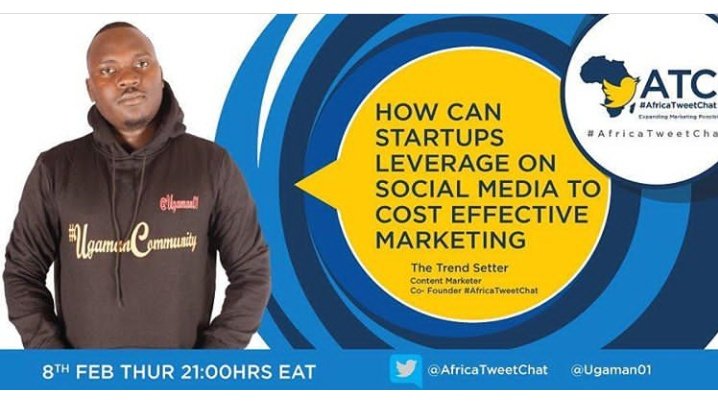We do bring it up a lot, and many have asked me to explain what rent-seeking is and why it matters, particularly in respect to the 17th Amendment.
Here we go...
An example is a company lobbying lawmakers for loan subsidies.
But there's a catch. It is very expensive to rent-seek, especially if average tenure is low.
Which brings us to the really good stuff...
Consider this...
Wouldn't you rather buy a senator once, or would you rather be forced to buy one every time your hack incumbent loses or is termed out?
It's a real pain in the ass to have a state legislature remove your corrupt hack from Washington, D.C.
"The problem of 'trustworthiness" -- for both lawmakers and rent-seekers -- is easily alleviated through increased seniority. Senior legislators can be "trusted" to scratch backs."
Why?
Quote via me in Our Virtuous Republic. But let's see if historians agree.
(Zywicki: Senators & Spec Int)
That's where the Progressive Movement proved quite useful. It did not have the desired effect. Let's look...
But it's irrelevant to the evidence, which shows the value of the 17th Amendment as a tool to stop rampant corruption, is a complete historical myth.
It got much worse.
The 17th increased avg. tenure, thus increasing rent-seeking bills, "their durability and value."
Avg. tenure exploded. The House did not immediately follow. And let me tell you why...
cloud.highcharts.com/show/ivyhico
Empirical evidence does not support the validity of these explanations. There is one, and only one, explanation supported by data.
That's...
Judges gave them that power.
Case surrounded legislative authority, or lack thereof, to regulate & set grain storage rates.
Court shifted away from precedent.
"When, therefor, one devotes his property to a use..."
What? Power to the People, right?
Wrong. It was BS.
He was so damn right. And rent-seekers are now in hog heaven.
BUT ALL OF THAT WOULD'VE BEEN USELESS WITHOUT SENIORITY AND INCREASED TENURE.
In other words, the increase in tenure had nothing to do with fair democracy, and everything to do with rent-seeking and special interest.
Intention is irrelevant.
That's rent-seeking concentrating wealth.
For average citizens, this was an extension of "one person, one vote," and made us a democratic republic, rather than a true republic. It's important to keep context here. Party platforms weren't as rigid.
Challenge for Progressives: North & South cancelled each other ideologically. They needed the West to tip the scales. But they couldn't obtain senior delegations and...
It was a total fraud.
I would freely give up my vote in direct senatorial elections to return to a superior design.
1. Zywicky, Todd J., "Senators and Special Interest: A Public Choice Analysis of the Seventeenth Amendment." Oregon Law Review Vol. 73 (1994)
2. Hibbing, John R. "The Modern Congressional Career." The American Political Science Review, Vol. 85 (June 1991)
3. Price, Douglas H. "Congress and the Evolution of Legislative Professionalism." Edited by Ornstein, Congress in Change, NY Praeger (1995)
4. Anderson, Terry L. and Hill, Peter J. R. "The Birth of Transfer Society." Stanford: Hoover Inst. Press (1980)
5. Posner, Richard A. "Economic Analysis of Law. 4th Edition Boston, Little Brown (1992)
6. Mueller, Dennis. "Public Choice II: A Revised Edition." Cambridge U Press (1989)
7. Olsen, Mancur. "The Logic of Collective Action: Public Goods and the Theory of Groups." Harvard U Press (1965)
And last but not least.
amazon.com/Our-Virtuous-R…
If you're more of a data person like me -- just give me the numbers, shut up & let me check the work -- then go with Todd Zywicki of George Mason. His work in Oregon Law Review was brilliant.
Answer is💰, more specifically 💰 coming from direct federal taxation. They tried before. SCOTUS struck it down.
Amending the Constitution is hard.





